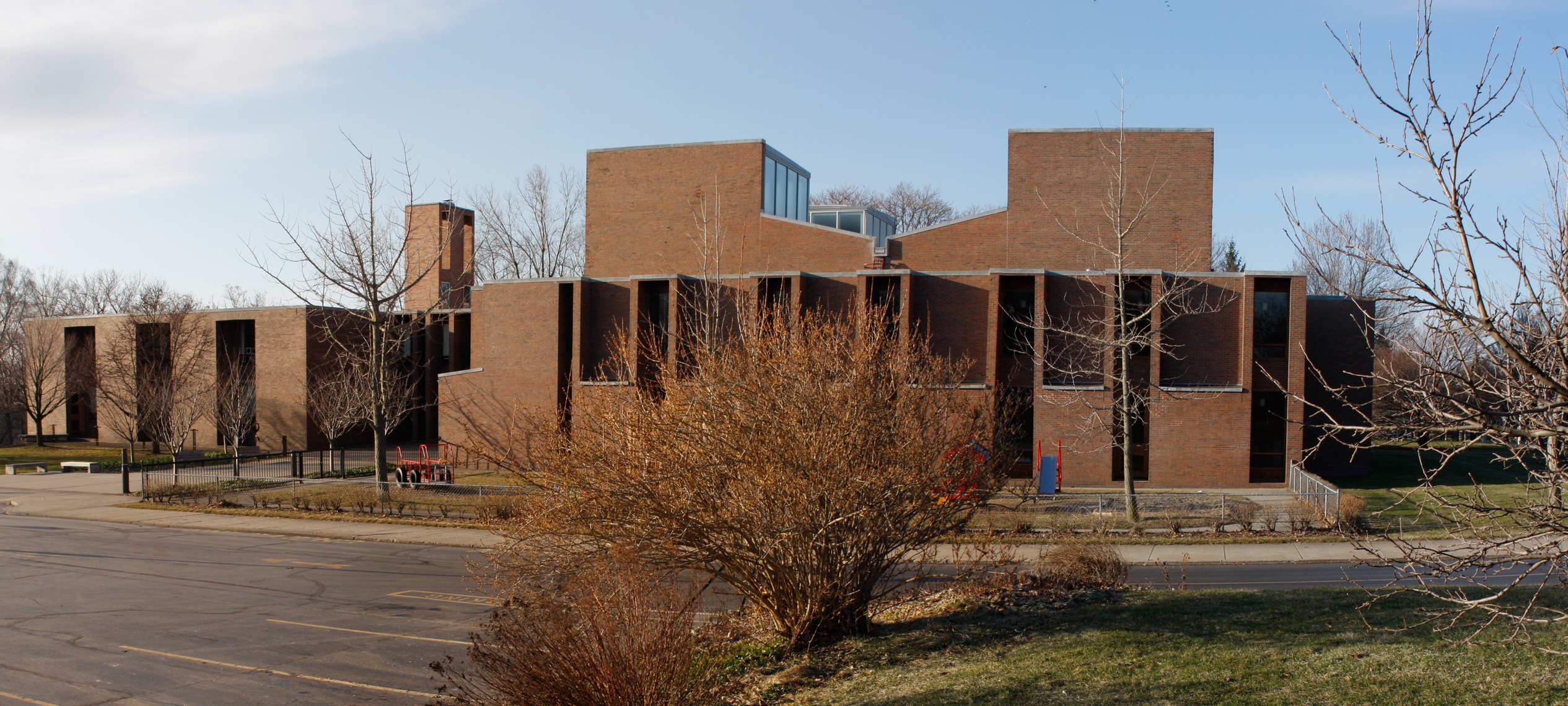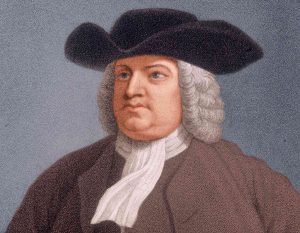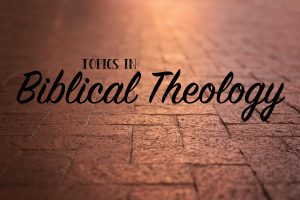The First Unitarian Church of Rochester, located at 220 Winton Road South in Rochester, New York, is a place of historical and cultural significance. It is one of the largest congregations in the Unitarian Universalist Association and has played a vital role in promoting social reform, spirituality, and the arts. In this article, we will explore the rich history and the various programs and beliefs of this influential church.
Early Years and Social Reform Movements
The First Unitarian Church of Rochester was established in 1829, during a time when Rochester was a growing frontier town. From its early days, the congregation attracted individuals passionate about social reform. In the 1840s, the church became a gathering place for reform activists, including some with Quaker backgrounds. One notable attendee was Susan B. Anthony, who would later become a prominent leader in the women’s suffrage movement. In fact, the church hosted the Rochester Women’s Rights Convention in 1848, just two weeks after the historic Seneca Falls Convention. The convention, presided over by Abigail Bush, marked a significant milestone in the fight for women’s rights.
The church’s commitment to social issues continued throughout its history. In the late 1800s, the church provided evening classes and activities for children in the low-income neighborhood surrounding the church. Church members also played significant roles in campaigns for women’s suffrage and the opening of the University of Rochester to women. In the 1930s, the church offered office space to Planned Parenthood, supporting reproductive rights at a time when such accommodations were scarce. In more recent years, the church has focused on improving the quality of life in Honduras and providing non-judgmental support to women who have had abortions.
The Building and Architecture
First Unitarian’s building, completed in 1962, is an architectural masterpiece designed by Louis Kahn. It is considered one of the most significant works of religious architecture of the 20th century. Kahn’s design reflects a modernist style, characterized by clean lines and a focus on natural light. The church building stands as a testament to the congregation’s commitment to creating a space that inspires spirituality and connection.
Congregation, Beliefs, and Programs
The First Unitarian Church of Rochester is known for its inclusive and non-creedal approach to spirituality. The congregation embraces a wide array of perspectives and beliefs, recognizing that there is no single religious text or creed to which members must adhere. The church’s mission is to create connection by listening to one’s deepest self, opening to life’s gifts, and serving needs greater than one’s own.
The church offers a variety of programs to support spiritual growth, social concerns, music, and the arts. Two weekly worship services are held on Sundays, along with occasional Saturday services. These services provide a space for reflection, inspiration, and community. The church also operates on a Policy Governance system, where the board of trustees focuses on the long-term goals of the church, while the parish minister oversees its day-to-day operations.
One of the church’s notable programs is the Social Justice Council, which coordinates various task forces focused on social concerns. These task forces, approved by the congregation, receive funding from the church budget and work on projects related to peace, reproductive rights, LGBTQ+ concerns, and other important social issues. Additionally, the church’s music and arts programs include a choir, a handbell choir, a drama group, a chamber music series, and an art gallery. Various interest groups and support groups are also available to members, including meditation groups, book discussion groups, and support groups for specific needs.
Historical Figures and Legacy
Throughout its history, the First Unitarian Church of Rochester has been associated with prominent figures who have shaped social and political landscapes. Susan B. Anthony, a member of the church, played a crucial role in the women’s suffrage movement and advocated for various social reforms. Her involvement in the church and her work for gender equality have left a lasting impact on both the congregation and the wider community.
Visit First Unitarian Church of Rochester
If you are interested in visiting the First Unitarian Church of Rochester, you are welcome to attend their worship services on Sundays at 9:15 AM and 10:30 AM. The church also offers online services at 11:30 AM. Additionally, there are programs and activities for children, as well as classes for newcomers to learn more about Unitarian Universalism. The church’s address is 220 Winton Road South, Rochester, NY 14610-2998.
Conclusion
The First Unitarian Church of Rochester holds a unique place in the history and culture of Rochester, New York. From its role in social reform movements to its commitment to spirituality, music, and the arts, the church has consistently fostered connection, inclusivity, and personal growth. Whether you are seeking a place of worship or a community dedicated to making a positive impact, the First Unitarian Church of Rochester offers a welcoming and inspiring environment.




No comments! Be the first commenter?